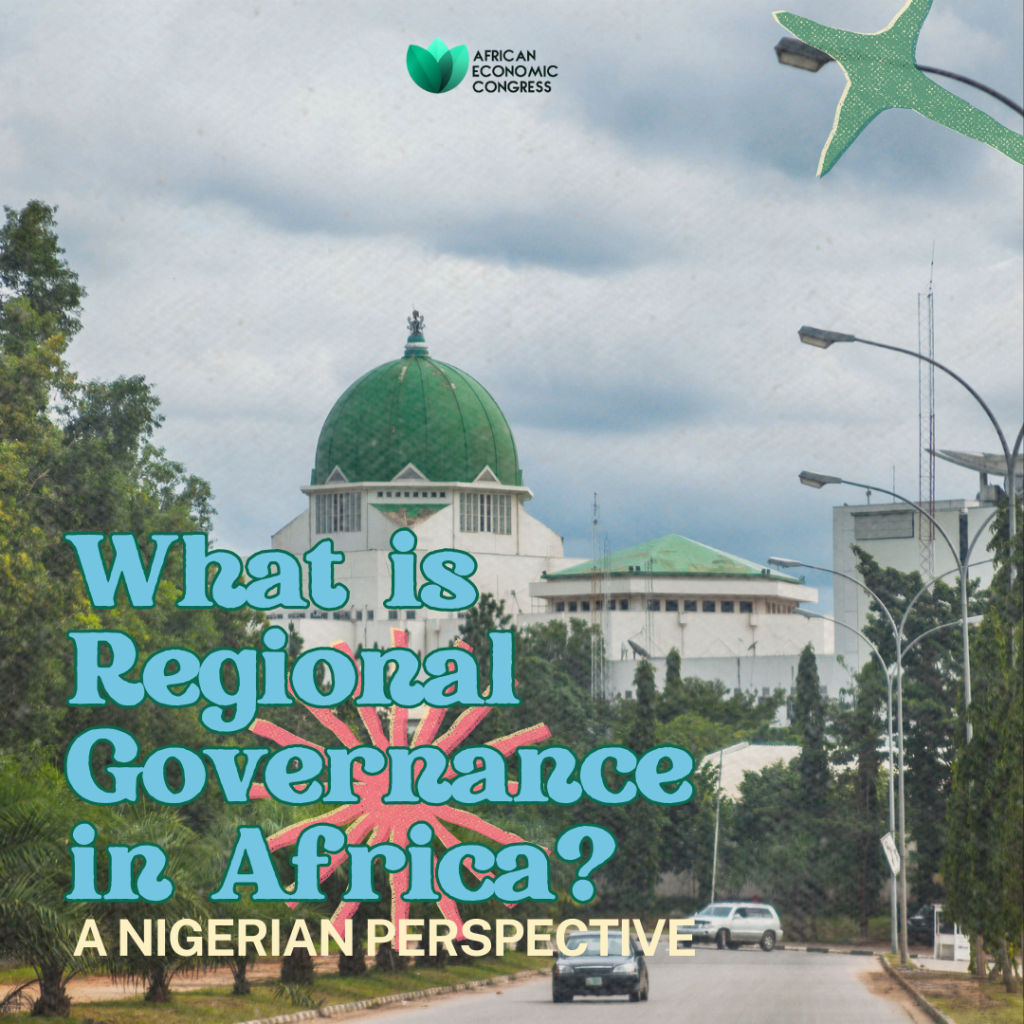In the heart of Africa, countries are working together to solve shared challenges and promote development. Regional governance is a powerful tool that helps nations collaborate on issues that affect the entire continent.
From economic growth to security, regional governance plays a crucial role in shaping Africa’s future. But what exactly is regional governance, and how does it work in the African context, particularly from a Nigerian perspective?
Understanding Regional Governance
Regional governance involves the collaboration of neighbouring countries to address common problems and achieve mutual goals.
This type of governance is characterised by the creation of regional organisations and agreements that facilitate cooperation among member states. In Africa, regional governance aims to foster economic integration, enhance security, and promote sustainable development.
Key Regional Organisations in Africa
Several regional organisations play a pivotal role in African governance:
- African Union (AU): The AU is a continental union consisting of 55 member states. It aims to promote political and economic integration, peace, and security across Africa. Nigeria is a key and active member of the AU.
- Economic Community of West African States (ECOWAS): ECOWAS is a regional political and economic union of 15 West African countries. Its main objectives are the resolution of conflicts, peacekeeping operations, and economic growth. Nigeria, being one of the largest and most influential members, plays a significant role in ECOWAS’s operations and decisions.
- Southern African Development Community (SADC): SADC aims to promote sustainable and equitable economic growth and socio-economic development in Southern Africa. Although Nigeria is not a member, the cooperation between SADC and ECOWAS often influences regional policies and initiatives.
The Role of Nigeria in Regional Governance
Nigeria’s influence in regional governance is substantial due to its size, economy, and strategic position in West Africa. Here are some ways Nigeria contributes to regional governance:
- Economic Leadership: Nigeria’s economy is one of the largest in Africa, making it a crucial player in regional economic integration efforts. Through ECOWAS, Nigeria promotes policies that facilitate trade, investment, and economic cooperation among West African countries.
- Peacekeeping and Security: Nigeria has a long history of contributing troops to peacekeeping missions in Africa. Its military and diplomatic efforts have been instrumental in resolving conflicts in countries like Liberia, Sierra Leone, Mali, etc. Nigeria’s leadership in ECOWAS peacekeeping missions demonstrates its commitment to regional stability.
- Policy Influence: As a major member of the AU and ECOWAS, Nigeria has significant influence over regional policies. Recently, the president of Nigeria, Bola Tinubu, was reelected as the chairman of ECOWAS. Nigerian leaders often advocate for policies that align with the country’s interests and promote regional development.
Regional governance is a powerful mechanism for fostering cooperation and development in Africa. For Nigeria, active participation in regional organisations like the AU and ECOWAS offers numerous benefits, including economic growth, enhanced security, and access to shared resources.



